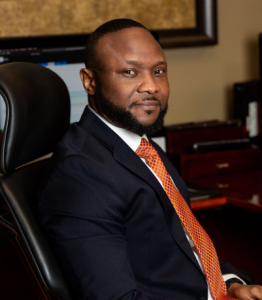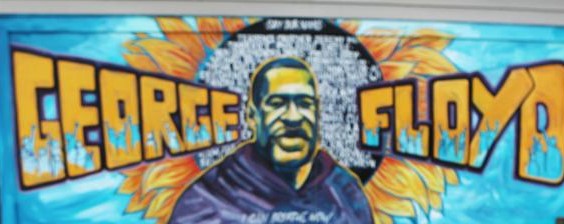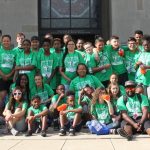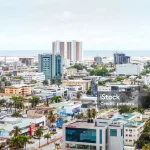 By Emmanuel Olawale
By Emmanuel Olawale
Prior to coming to America about 23 years ago I didn’t know what racism was. I had no idea about the disparate treatments of people based on color, especially the harsh treatments of blacks. The American sitcoms and movies I watched in Nigeria did not prepare me for it.
The year I arrived, 1997, the news was dominated by the story of Abner Louima, a Haitian immigrant who was sodomized by New York police officers, while cuffed, with a broken broomstick while he was in police custody arrested on bogus charges. The officers then jammed the feces-stained stick into his mouth, breaking his teeth. He suffered severe injuries to his colon and bladder that required three surgeries.
Then in 1999, a Guinean immigrant, Amadou Diallo was shot at 41 times, and hit by 19 bullets, by four plain clothes policemen in the Bronx while he was in the vestibule of his apartment complex. The officers claimed they mistook him for a suspected rapist and thought he had a gun.
In my memoir, “The Flavor of Favor: Quest for the American Dream,” I narrated:
“The culture shock was appalling as I was also made to understand that I was “black,” a fact that was never foreign to me, but was never an issue since I was raised in the most populous black nation on earth. I was raised in an environment where “black” was not an identifying feature, but a reality of existence, and groups were identified by tribes, religion or social status and not by race.
I didn’t understand what it meant to be a racial minority because we had no racial minority in Nigeria, but I was taught the hierarchy of color by my colleagues on the job. I was made to recognize that I was supposed to be at the lowest end of the totem pole because I was not only black, but African, a step lower than African Americans.
I was taken aback by their perfunctory, ignorant assumption that Africa was a country, a jungle where the inhabitants walked around naked except for leaves covering the most private of body parts, and that Africans lived in trees and sprang from tree to tree like Tarzan, chasing after lions and other wild cats, when in fact, the closest I had ever come to a lion was at the zoo, just like the average American.
However, I didn’t conform to the stereotypical role assigned to me, to the chagrin of my self-appointed tutors in “Americanism.” I carried my “blackness” and my African ancestry with pride as I automatically recognized that I was expected to be obsequious, which I refused to be.”
Being black in America has been racially challenging especially during routine encounters with the police. I have been illegally stopped and searched several times by police officers, sometimes with guns drawn while riding with my family. I have been racially profiled and stopped for no reason multiple times, then issued bogus speeding tickets.
So, when we cry out in pain that “Black Lives Matter,” we are not saying that other lives do not matter. We want to be seen as humans, to be treated with civility and to enjoy Life, Liberty and the pursuit of happiness without being hunted down like animals.
We are crying just like George Floyd for help, to be freed from the strains of the knees on our necks.
(Emmanuel Olawale, Esq. is the owner of The Olawale Law Firm and the author of “The Flavor of Favor: Quest for the American Dream. A Memoir,” and “Starting & Growing a Law Practice without Breaking the Bank.” He can be reached at 614-772-4177 or send email to info@olawalelaw.com.)


































Leave a Reply
You must be logged in to post a comment.